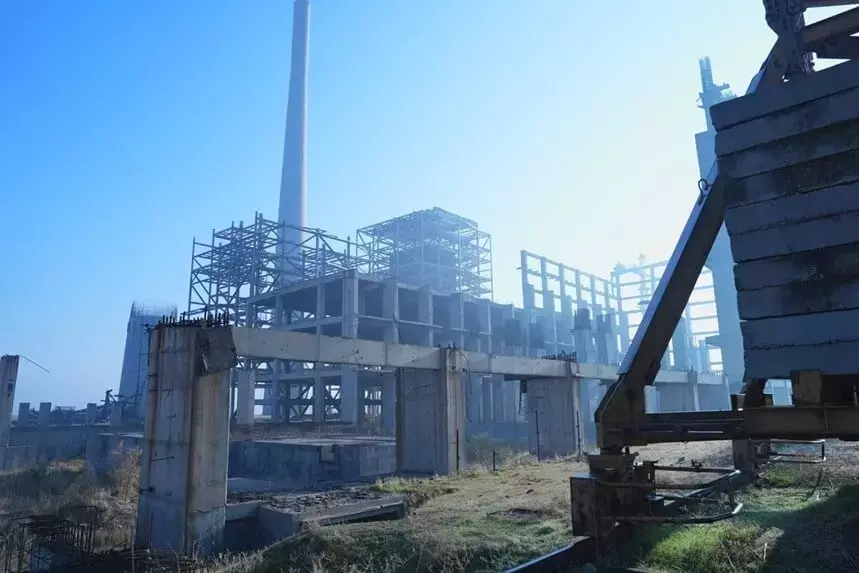
The Iraqi government has taken a significant step towards addressing the nation's long-standing power supply challenges. Prime Minister Mohammed Shia Al-Sudani recently initiated construction on the North Thermal Power Plant in Nineveh province, marking a 34-year hiatus since the project's inception. This strategic move aims to reduce dependence on imported gas and bolster domestic energy production. The plant, part of a collaboration with China, will initially have four generating units, each capable of producing 350 megawatts, with potential expansion to six units. Construction faced multiple interruptions over the decades, including sabotage during the ISIS occupation of Mosul. The current administration is committed to completing stalled projects as part of its broader development strategy.
Historical Context and Project Restart
After several decades of delays and disruptions, the North Thermal Power Plant project has finally resumed under the leadership of Prime Minister Mohammed Shia Al-Sudani. This initiative underscores the government's commitment to revitalizing Iraq's energy infrastructure. The project was initially halted in 1990 due to geopolitical tensions, followed by further delays in 2000 and 2003. Most notably, it suffered severe damage during the ISIS occupation of Mosul, which significantly hampered progress. Despite these setbacks, the Iraqi government has prioritized the completion of this critical infrastructure to address the country's ongoing power shortages.
The foundation stone for the first phase of the project was laid by Prime Minister Al-Sudani in the presence of Electricity Minister Ziyad Ali Fadel. This phase will establish two generating units, each with a capacity of 350 megawatts, totaling 700 megawatts of power generation. The resumption of this project aligns with the government's broader strategy to enhance energy security and reduce reliance on external sources, particularly Iranian gas imports. By addressing historical obstacles and leveraging international partnerships, Iraq aims to build a more resilient and self-sufficient energy sector.
Strategic Importance and Future Prospects
The North Thermal Power Plant represents a pivotal investment in Iraq's future energy landscape. As part of a framework agreement with the Chinese government, this project promises to alleviate the strain on the national power grid. With an initial output of 700 megawatts from the first two units, the plant has the potential to expand to six units, significantly boosting the country's power generation capacity. The timing of this initiative is crucial, especially given the recent suspension of Iranian gas supplies, which has exacerbated electrical shortages across Iraq.
This ambitious project not only addresses immediate energy needs but also sets the stage for long-term sustainability. By diversifying its energy sources and reducing dependency on foreign imports, Iraq can achieve greater energy independence. Moreover, the successful completion of the North Thermal Power Plant could serve as a model for other stalled infrastructure projects, demonstrating the government's dedication to modernizing and stabilizing the nation's critical systems. The collaboration with China exemplifies the importance of international partnerships in driving large-scale development initiatives, ultimately contributing to Iraq's economic growth and stability.
